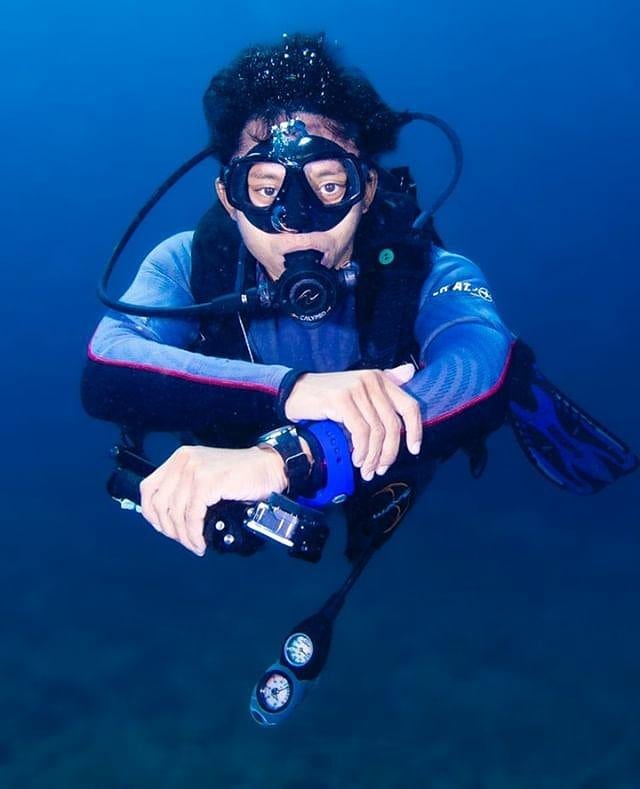For most beginners, scuba diving feels very exciting and intriguing. Almost addicting, sometimes. It’s like discovering a whole new world you’ve never known before. Developing whole new skills you never know you are capable of. Learning to dive, although could be a bit exhausting, promise a very rewarding discovery once you get to the open sea. As a rookie, however, there are several cautions you need to really pay attention to. Failure to notice these health and safety caution could cause fatal consequences.

Most Fatal Scuba Diving Beginners Mistake: Equipment Fault
Failure of equipment could cause death for divers. Damaged diving gears include regulator malfunctioning, broken compass, equipment that leaked air, broken buckets, and many more. Practice good reading of scuba diving equipment since beginners—and remember to never underestimate it once you become a pro.
The Risk of Loose Regulator
Regulator recovery is probably the best first-aid to teach for scuba diving for beginners. It’s the device that would help you to keep breathing underwater. Proper handling of regulator is very important to learn, especially as regulator could get knocked out of your mouth. While this is a common thing for a pro, beginners could get a lot of stress with this problem. Sometimes, regulator mouthpiece even got snagged on your BCD, putting more stress to the situation. It’s very important to practice recovery. During scuba lessons, make sure you learn how to kneel at steady platform (the pool floor or sea bed), reaching your back and calmly locating the mouthpiece, and recovering the regulator. It may seem simple, but the impact could be totally fatal!
Never Dive with Cold or Sinus Infections
How does your body feel when you get cold? Worst. Should you continue to dive when you catch cold? Absolutely not. This is one of most frequent question coming from beginner divers, and the one you should always obey. Never attempt to dive when your nose is either blocked or runny. Cold and sinus cause swelling and congestion in your upper respiratory pathways. It blocks your eustachian tubes and sinus opening, which cause difficulties for your body to equalise the pressure between the middle ears and sinuses. When your body cannot equalise the pressure properly, diving could pose a rick of ear pain and hearing loss, tinnitus, nausea, facial pain, and even nose bleeds. While you have cold, don’t dive. It’s just not worth the sacrifice.
Read More: Bali Indonesia Diving, The Perfect and Ideal Adventure Destination
Time to Rest Between Flying and Diving
One of the most common beginner mistakes on scuba diving: not having enough time between diving to flying. While diving after flying is generally okay (we still recommend a day break, though), flying after diving is dangerous. Flying right after diving session could be fatal as you have too much nitrogen on your tissue. Have sometime to let off the nitrogen build up in your body. If you just did one singe non-decompression dive, you could wait at least 12 hours before flying. But if you just got back from series of non-decompressor dives in a row, like a liveaboard diving trip, wait at least 18 hours before boarding the plane. If you are not in hurry, we recommend an entire 24 hours rest for maximum nitrogen let off.
Don’t Bring Dive Camera on First Few Dives
The best thing that happened for scuba diving for beginners is probably the opportunity to photograph life under the water. The crabs, the nudibranchs, the colourful corals, and mesmerising school of fishes. However, diving with underwater camera is not the best idea to bring with in your first few dives. Camera could potentially get you distracted as you are adjusting the composition and playing with the buttons. Before you know it, you are intentionally ascending! Stick with adaptation and practicing the best diving techniques while you’re still on the learn.


